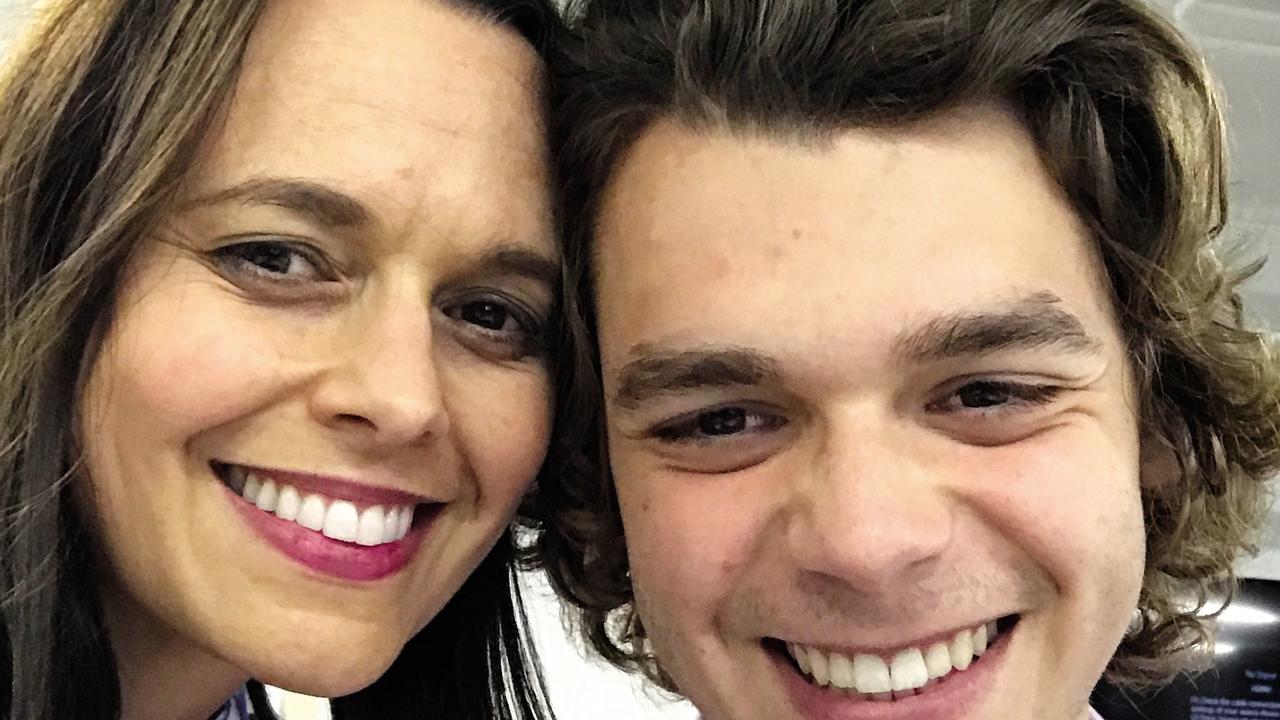Axing of Australian Interactive Games Fund in Hockey budget could set back local game developers
A POTENTIALLY lucrative industry has just had the rug pulled out from under it by the Australian government. Why?
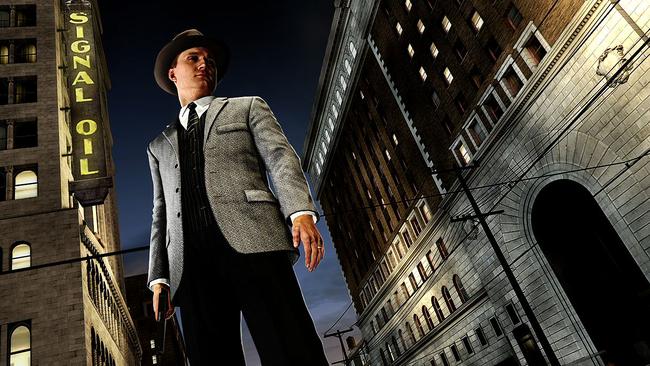
EARLY on in Joe Hockey’s budget speech last week was a call to businesses to help out.
The treasurer said he wanted to shift the emphasis from “corporate welfare” to strengthening the overall business environment. To that end, he said he would cut $845 million in industry assistance programs.
A key part of that mammoth figure was the $10 million Australian Interactive Games Fund (AIGF). $10 million may sound like nothing compared to some of the more harshly criticised budget measures, but for the nascent local game development industry, it was an unexpected whack.
The AIGF was established by then-Arts Minister Simon Crean in 2012. The original $20 million fund was rolled out in 2013 with $10 million earmarked for the 2014-15 financial year, to be distributed by Screen Australia. That will no longer be.
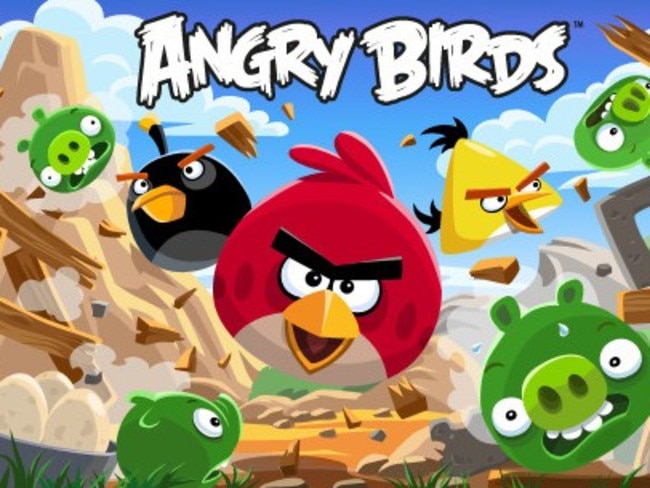
It’s easy to dismiss giving “free” government money to people to make video games, but it’s never as simple as that.
Video games are big business all over the world. Rockstar’s Grand Theft Auto 5 made more than $1 billion in global sales in less than three days. Non-console games such as Angry Birds, Candy Crush and Farmville have made their creators millions upon millions. Game studios such as Zynga and King Digital Entertainment are now valued in the billions.
Other governments have tried to cash in on this lucrative industry by offering studios and developers sweeteners to set up shop in their countries.
For example, the Canadian government gives all sorts of tax breaks and subsidies to game developers. The industry in Canada employs more than 16,000 people and contributes more than $CA2.3 billion to the gross domestic product, according to the Entertainment Software Association of Canada.
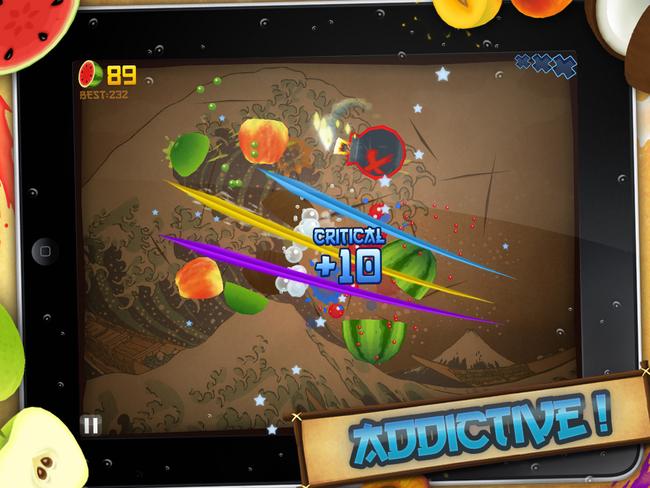
The Australian games market (predominantly made up of sales of internationally-developed games) was worth $1.76 billion in 2013, according to PricewaterhouseCoopers.
The Australian game development industry has suffered from a lack of overseas investment due to a strong Australian dollar and the higher cost of local talent. One of Australia’s biggest studios, Team Bondi, was embroiled in an employment scandal after its high profile launch of LA Noire and was liquidated in 2011.
The AIGF was designed to give a boost to the local industry and encourage homegrown developer firms.
One recipient of the first round of AIFG funding was digital advertising agency Soap Creative, which was able to establish a “skunks works”-like developer SMG Studios with money from the fund.
Soap has been around for more than 10 years but its founders’ passions lie in video games. The ad agency has created many games as part of marketing activities for clients including Unilever, Ferrero, Frucor, Wrigleys and Roadshow Films.

Soap first started developing its own mobile games more than two years ago as a way to diversify its revenue base. The firm’s previous games have included Thumbzilla and Diggin’ Dogs.
Soap founder Ashley Ringrose applied for funding from the AIGF so that the advertising firm could spin-off SMG Studios, a game developer. Soap was one of 10 developers to receive a chunk of that first $10 million in the “Enterprise” round.
Mr Ringrose said Soap had to go through a vigorous application process and the company had to show the business case, which included job creation. It would also have to pay back a portion of the money as it was partly a loan.
SMG Studios hired three full-time staff members, not including Mr Ringrose, and its first game, OTTTD (Over The Top Tower Defence), is set for release on May 22.
Mr Ringrose said he’d been told SMG’s three-year funding had already been allocated and while it would not be directly and immediately affected by the AIGF axing, there were longer-term ramifications.
Mr Ringrose said of all the announcements he expected from Joe Hockey’s budget, this was one he didn’t see coming as there have been no whispers or any industry consultation.
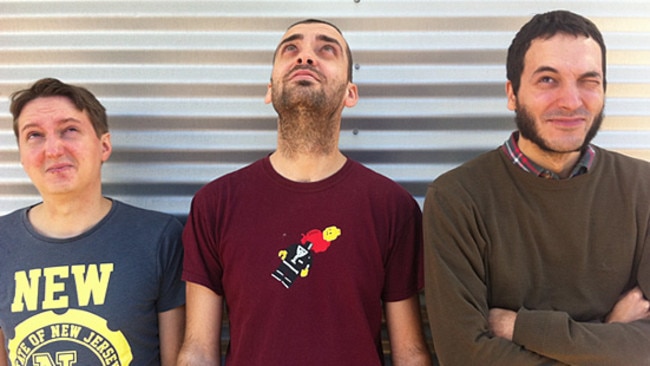
“Before we had a chance to prove anything, it’s been cut,” he said. “By the time we need to demonstrate the return on investment for the money we received in a couple of years, there won’t even be anyone around to care. So it will be a lot harder for any successive governments to invest in this later down the track because there won’t be the proof.
“The Australian industry wasn’t getting the subsidies like in Canada and the UK but at least we had this. It’s an amazing, bustling industry that is intellectual property and ideas-driven. That fund was there to make the next Zynga.
“The whole world is moving into this huge industry, and it’s one where we could be a legitimate player. Australia has punched above its weight, but this will delay or set us back.”
The industry’s peak body, the Game Developers’ Association of Australia (GDAA), promptly issued a release following the budget announcement, saying it was “disappointed and mystified” by the decision.
GDAA chief executive Antony Reed said in the statement: “It is concerning that the decision to end the Australian Interactive Games Fund was made with absolutely no consultation with industry.
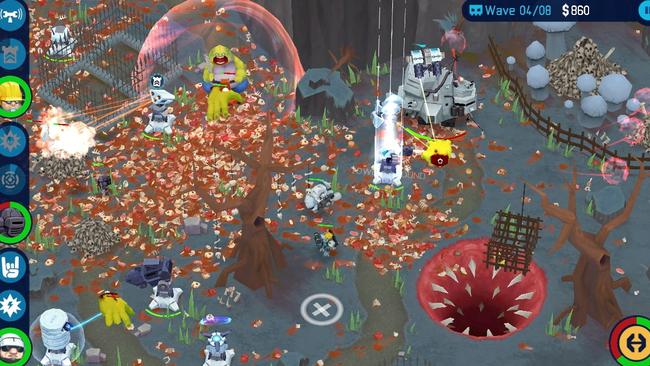
“We made numerous attempts to contact the Attorney-General’s office in the months leading up to last night’s announcement, including providing economic data and highlighting the successes the Australian game development sector has had on the global market. We have yet to receive a single response.”
The GDAA’s position was that the game development industry was an export-oriented sector driven by innovation and skills.
A statement to news.com.au from the Attorney-General’s department said: “The Government was brought forward a number of savings measures in the 2014-16 Federal Budget and the arts sector is playing its part.
“The discontinuation of the Interactive Games Fund is consistent with the Government’s policy regarding industry assistance programs and the focus for businesses to be innovative and self-reliant.”
The government said it was investing $484 million in an Entrepreneur’s Infrastructure Program, which included $92 million for a Single Business Service initiative. There are few details on the new program.
Also cut was $800 million in funding for programs such as Commercialisation Australia, Enterprise Connect and the Innovation Investment Fund, which all gave a leg-up to start-ups. These programs now also face the axe.
Mr Reed added in the GDAA statement: “If the government is serious about creating a better future for Australians, then supporting innovation, creativity and culture is essential, and the Australian game development industry represents one of the most exciting sectors of the knowledge economy.”


